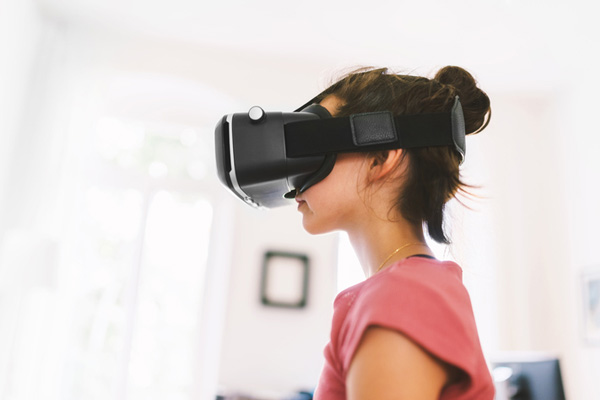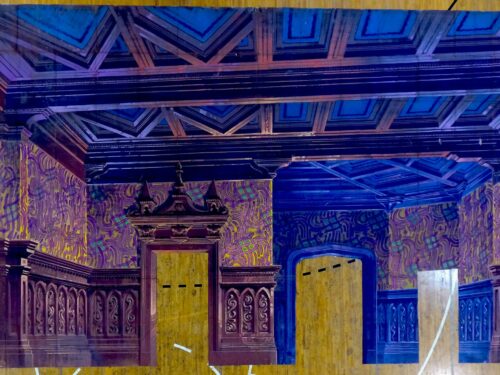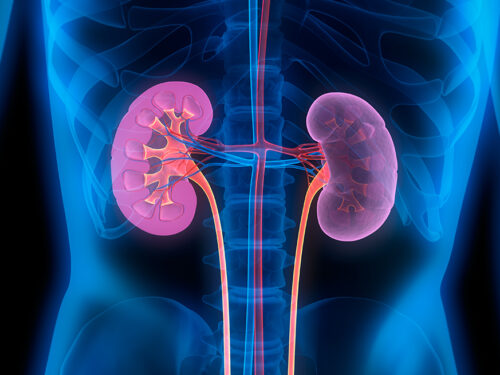
The objective of this project is to make use of an Adaptive Virtual Reality (VR) system which is autonomous and can distract the child whilst undergoing treatment. The effect of such a system is to reduce the pain felt by the patient, in some cases up to 50%.
Children suffering from various illnesses such as cancer have to undergo numerous procedures on a day-to-day basis as part of their treatment. According to the World Health Organisation, childhood cancer makes up between 50 to 200 cases per million every year. Most medical interventions involved with these cases are painful and as a result instil uneasiness and anxiety in the child who has to undergo these procedures.
Distractions are a simple way to alleviate this anxiety and also possibly reduce the actual pain of the intervention itself. Local branches of NGOs such as Dr Klown have popularized the use of ’clown doctors’ to entertain children suffering from these conditions. However, such NGOs require personnel on a 24/7 basis, whilst still having to spend limited amounts of time beside every patient
This project will go beyond the state of the art since researchers will make use of adaptation which will make the VR environment change according to the level of anxiety experienced by the patient. This will be measured using biometrics collected through non-invasive wearable devices.

The proposed research and implementation of the Adaptive VR experience is essential to help patients in hospital. As an initial stage, we will target children undergoing cancer treatment and for this, researchers have already received the support of Puttinu Cares, the Maltese Cancer Support Group which was set up to offer a holistic approach of care for families with children suffering from cancer. Once they manage to deploy the system with these children, researchers will also expand it to other children and eventually adults who are undergoing treatment.
This research is supported by The Vodafone Malta Foundation
Read more about the project here




